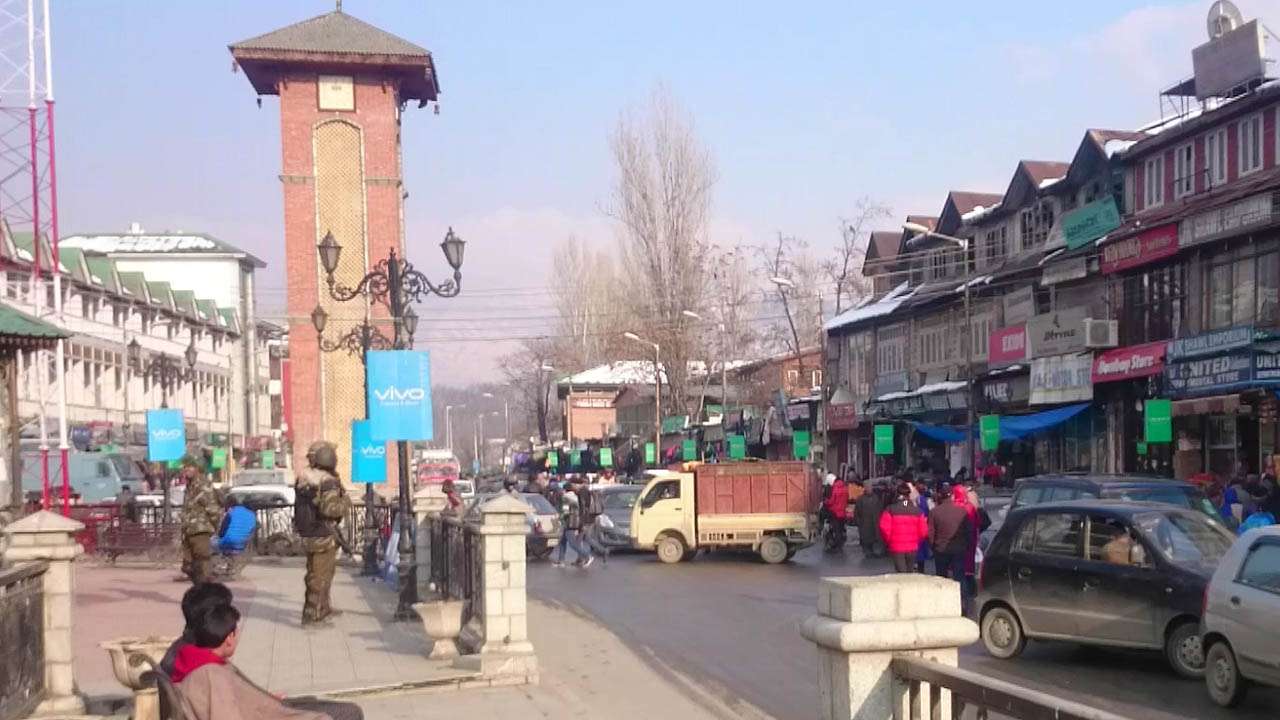
August 5 is the day when Jammu and Kashmir was bifurcated into two Union territories of Jammu & Kashmir and Ladakh in 2019. Today, it is the second anniversary of the historic decision, which left a deep impact on the region.
Articles 370 and 35(A), which granted the former state special status and the authority to define its domicile rules, were repealed on August 5, 2019.
While political parties in Jammu and Kashmir have pledged to continue their fight for statehood, here are some significant changes that have occurred in the last two years:
People from outside Jammu and Kashmir can buy land in the union territory: The Centre made it possible for people from outside Jammu and Kashmir to buy land in the union territory in October of last year. The central government removed the phrase “permanent resident of the state” from Section 17 of the Jammu and Kashmir Development Act, which deals with land disposal in the union territory, in a gazette notification. Except in a few cases, the amendment did not allow the transfer of agricultural land to non-agriculturists.
Non-local spouses of J&K women are granted domicile status: In July of this year, the rules were changed to allow husbands of local women married to people from outside Jammu and Kashmir to be granted a domicile certificate. They will be able to buy land or property in the Union territory, as well as apply for government jobs, as a result of the move. All people who have lived in the UT for 15 years or who have studied for seven years and taken a Class 10 or 12 exam in a regional educational institution, as well as their children, are eligible for domicile status.
Jammu and Kashmir’s separate flag has been retired: The civil secretariat in Srinagar hoisted the Indian Tricolour after Article 370 was repealed, while the state’s own flag was missing. For more than six decades, the rectangular flag – red background with three white vertical stripes and a white plough in the middle with handle facing the stripes – flew alongside the Indian national flag on the secretariat.
No security clearance for stone pelters’ passports: All those involved in stone-pelting or subversive activities will be denied security clearance required for passports and other government services, according to the CID wing of the Jammu and Kashmir Police. The order, which was issued on July 31, directed all fields to ensure that a person’s involvement in law and order, stone-pelting cases, and other crimes threatening the state’s security be specifically investigated during passport and other government scheme verification.
The formation of the Gupkar alliance: Hundreds of political leaders and workers were detained in the early hours of August 5, including three former chief ministers, Mufti, Omar Abdullah, and his father Farooq Abdullah. Mufti was released in the second week of October last year, and the Abdullahs were released in March 2020. Since then, the leaders have formed an informal alliance with four other Kashmiri parties in order to work toward the restoration of the region’s special status.



